The discourse surrounding renewable energy policies in Africa has intensified, reflecting a continent at a crossroads between economic development and environmental sustainability. African nations are grappling with the dual challenge of expanding energy access to their growing populations while addressing the pressing need to combat climate change.
A significant initiative in this context is the “Mission 300” program, launched by the World Bank and the African Development Bank (AfDB). This ambitious plan aims to connect 300 million people to electricity by 2030, requiring an investment of at least $90 billion. Countries like Nigeria, Senegal, Zambia, and Tanzania have committed to reforming their electricity sectors, integrating renewable energy sources, and setting higher national electricity connection targets. The program envisions that half of these new connections will come from existing national grids, while the other half will be sourced from renewable energy projects.
However, the path to achieving these goals is fraught with challenges. In Mali, for instance, the village of Karan has seen improvements in electricity access through a new solar power plant managed by the startup WeLight. This development has spurred economic activities and reduced operating costs for local businesses. Yet, only 53% of Mali’s population had electricity as of 2021, with rural access even lower at 25%. Political instability and insufficient investment continue to hinder broader expansion of renewable energy in the country.
South Africa’s energy transition has also been a focal point. Despite the United States’ withdrawal from global climate finance initiatives, South Africa’s shift from coal to renewable energy persists. The European Union has pledged €4.7 billion to fill a $1 billion funding gap left by the U.S. exit from the Just Energy Transition Partnership. This initiative aims to support South Africa’s transition to renewable energy, highlighting the continent’s commitment to sustainable development despite global policy shift.
In Nigeria, efforts to develop a robust solar industry have faced significant setbacks. Plans to build 14 new solar farms have stalled due to a lack of governmental guarantees and the country’s reputation as a risky business environment. Despite the demand for clean energy, large-scale solar projects encounter financial and bureaucratic hurdles, underscoring the need for supportive policies and investments to realize the potential of renewable energy in the region.
The debate over renewable energy policies in Africa underscores a complex interplay between economic aspirations, environmental responsibilities, and geopolitical dynamics. While there is a clear commitment to expanding renewable energy, the continent faces significant obstacles, including political instability, financial constraints, and infrastructural challenges. Addressing these issues requires coordinated efforts from African governments, international partners, and the private sector to create an enabling environment for sustainable energy development.

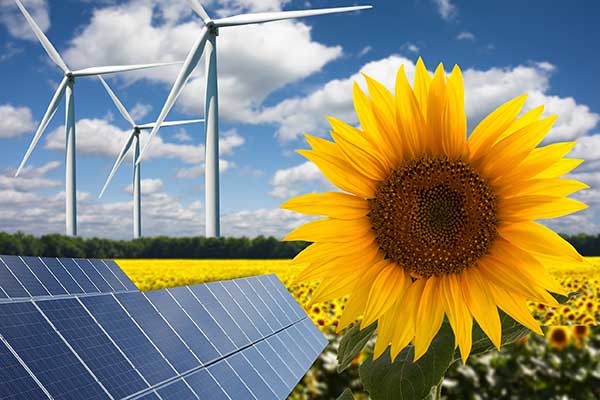
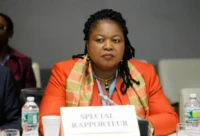
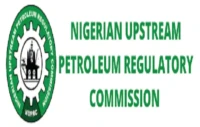

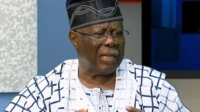
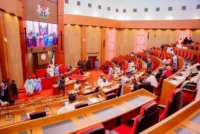

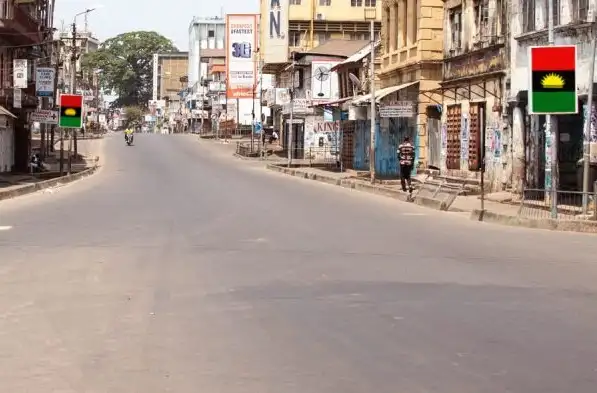

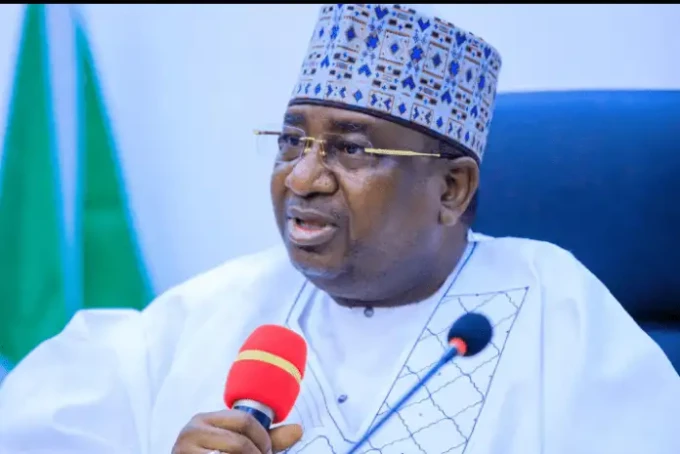

I think its crucial to consider the unique challenges each African country faces when crafting renewable energy policies. One size doesnt fit all!
Isnt it time African countries prioritize renewable energy for a sustainable future? Lets debate and find solutions together!
Renewable energy in Africa – is it the future or just a passing trend? Lets debate! 💡🌍 #SustainabilityGoals
I believe African countries should prioritize renewable energy to reduce dependence on fossil fuels. Lets push for a greener future!
I think its crucial for African countries to prioritize renewable energy for a sustainable future. Lets debate!
I dont get why people are still debating renewable energy in Africa. Its a no-brainer – clean energy is the way forward!
Should African countries prioritize renewable energy over traditional sources? Lets discuss the pros and cons! #RenewableEnergyDebate
I believe investing in renewable energy in Africa is crucial for sustainable development. Lets support green initiatives! #RenewableEnergy #AfricaDevelopment